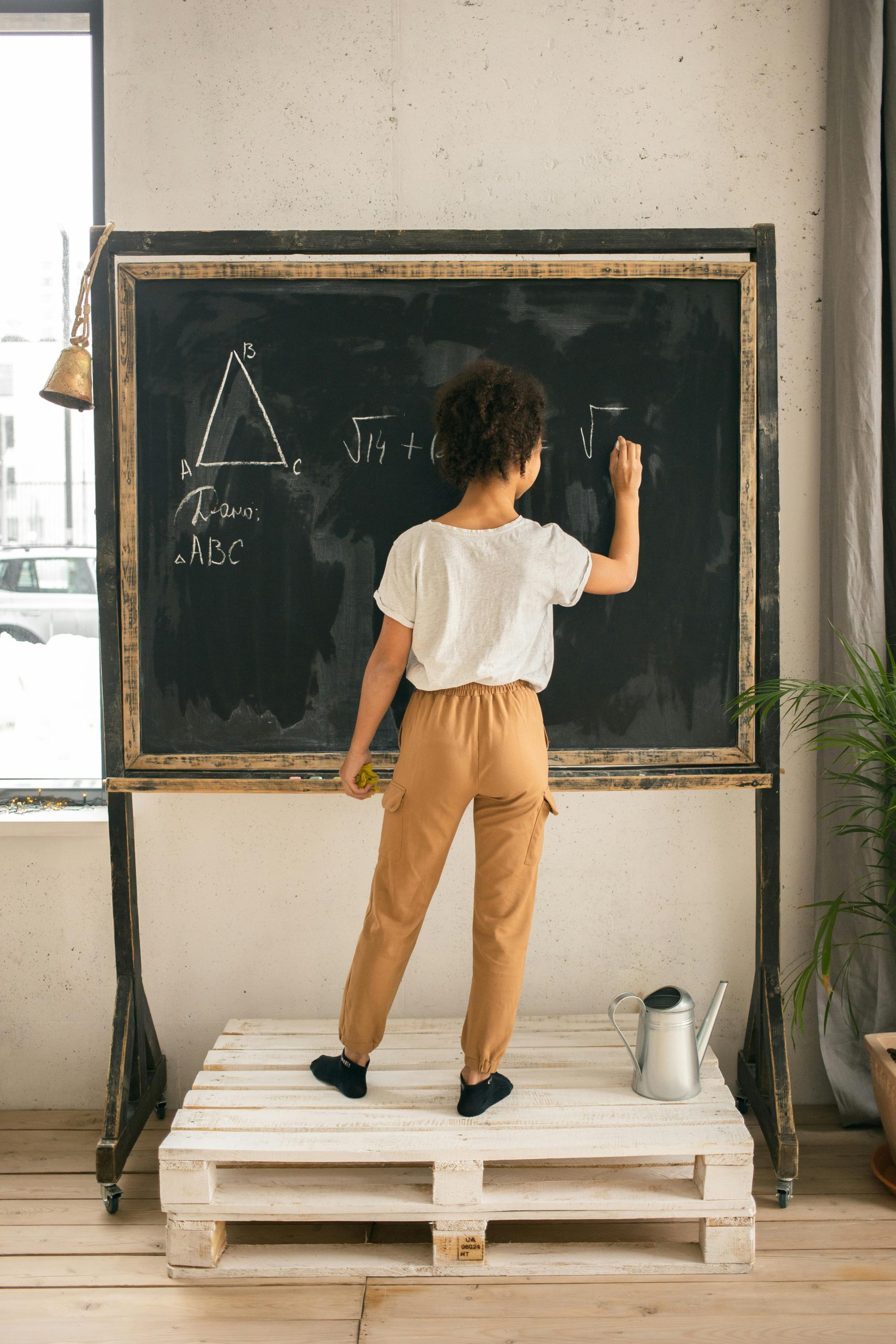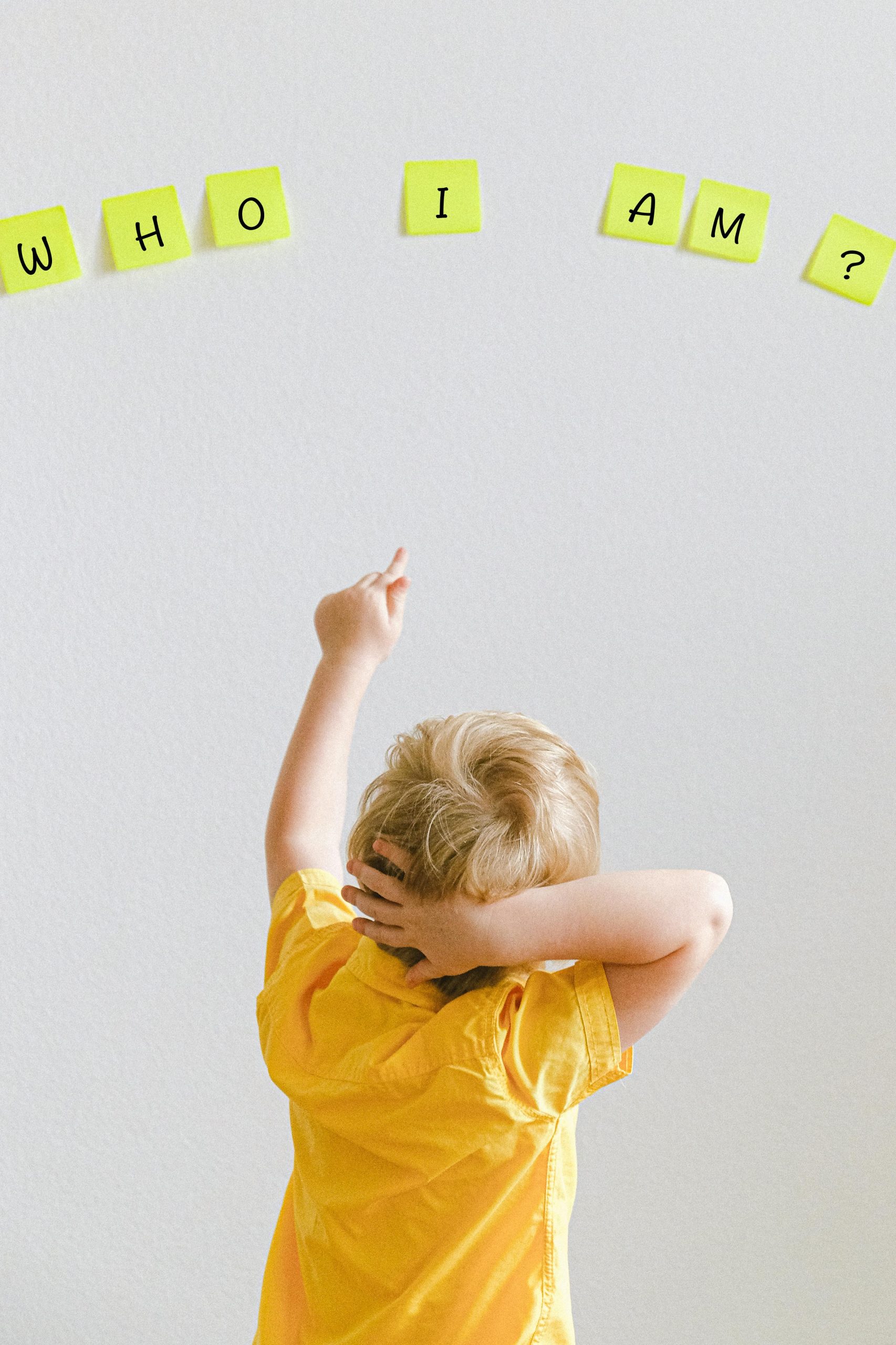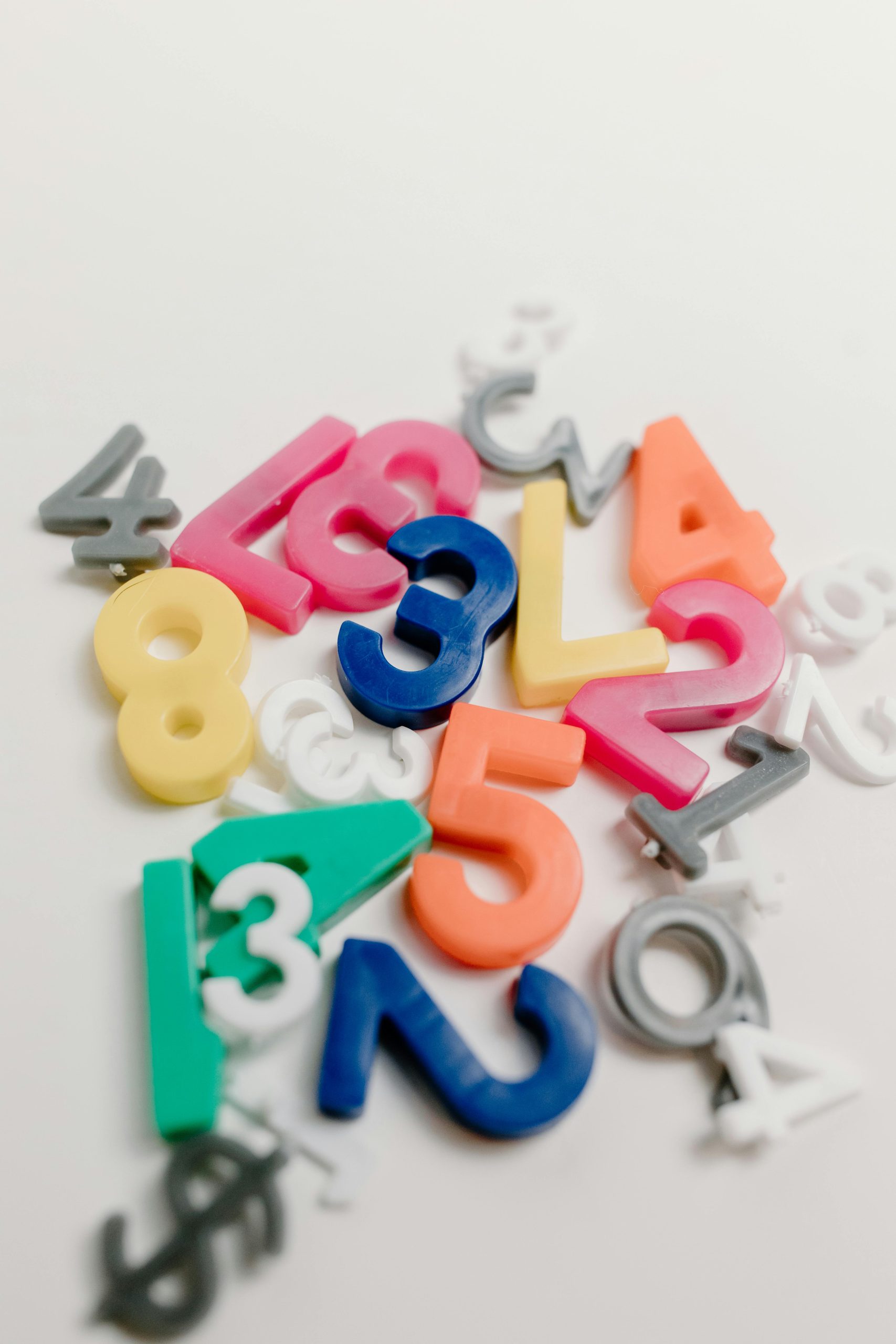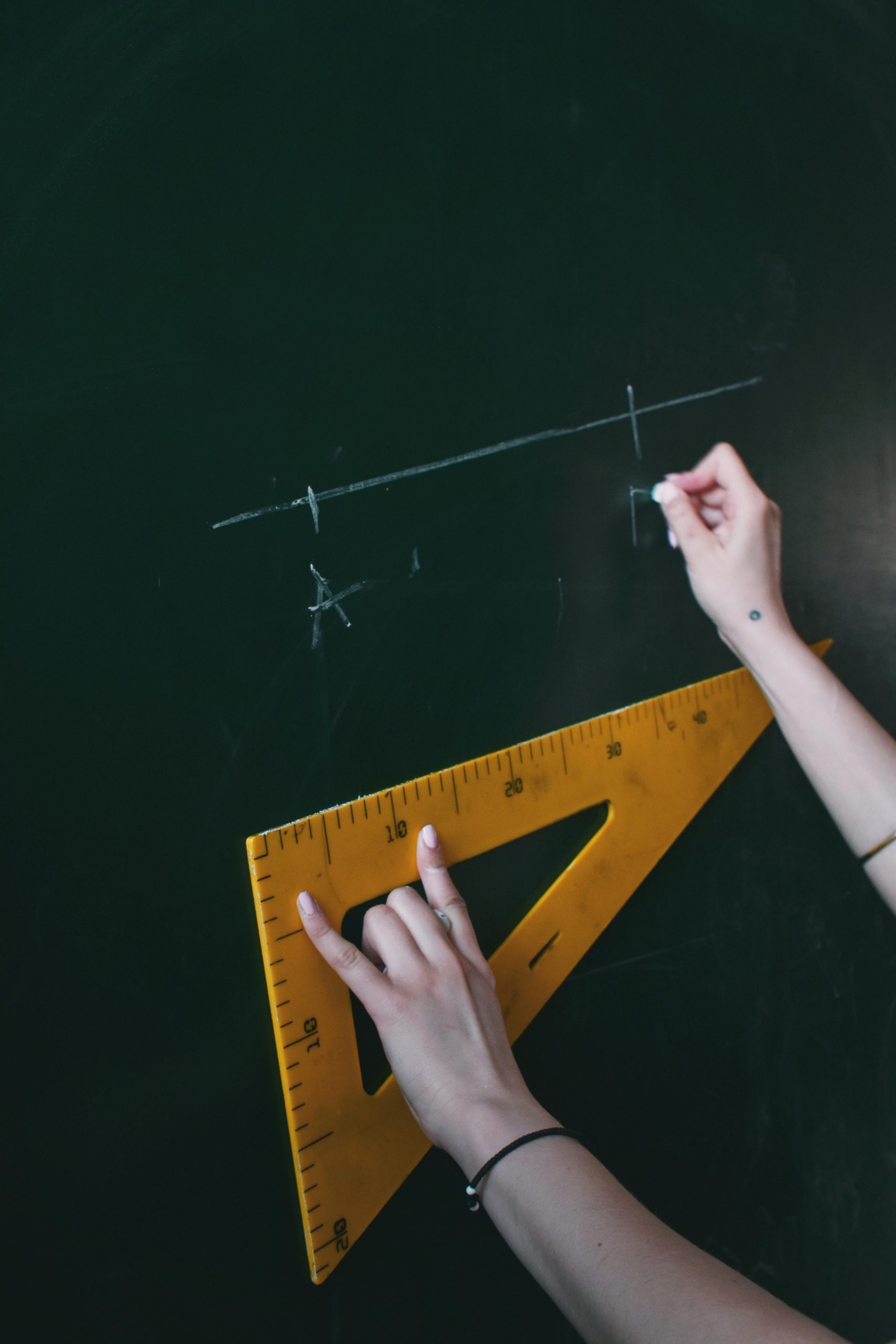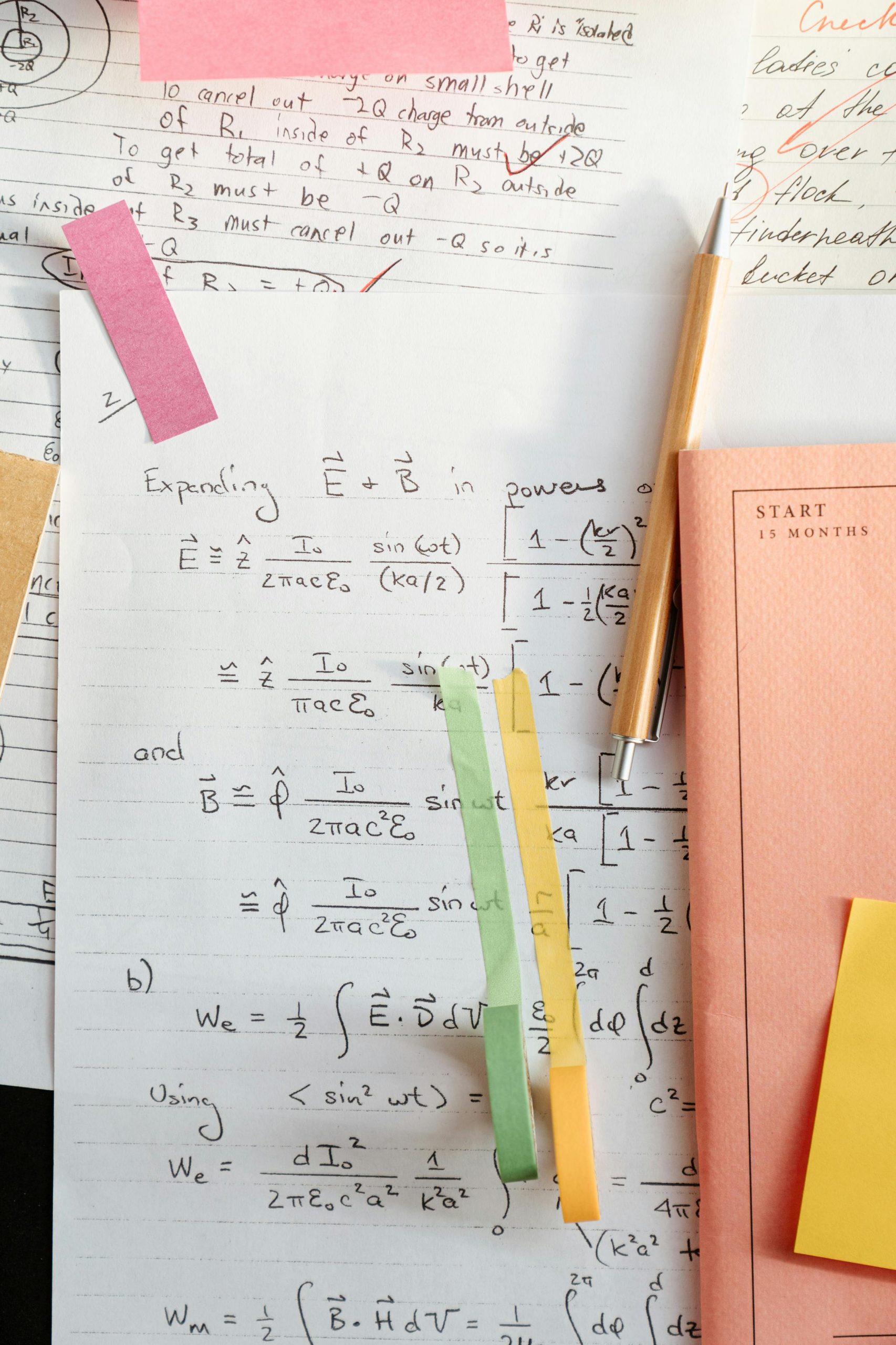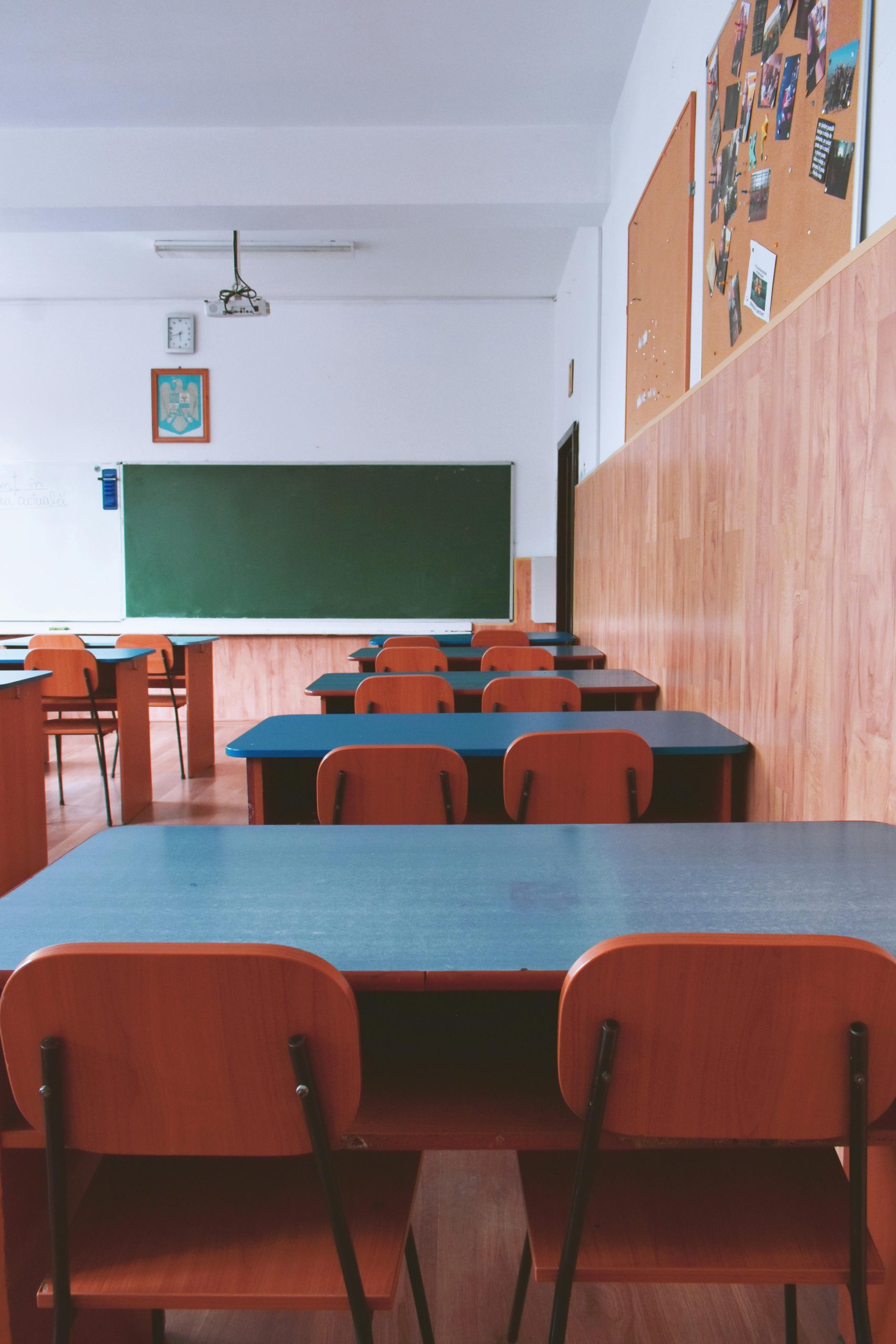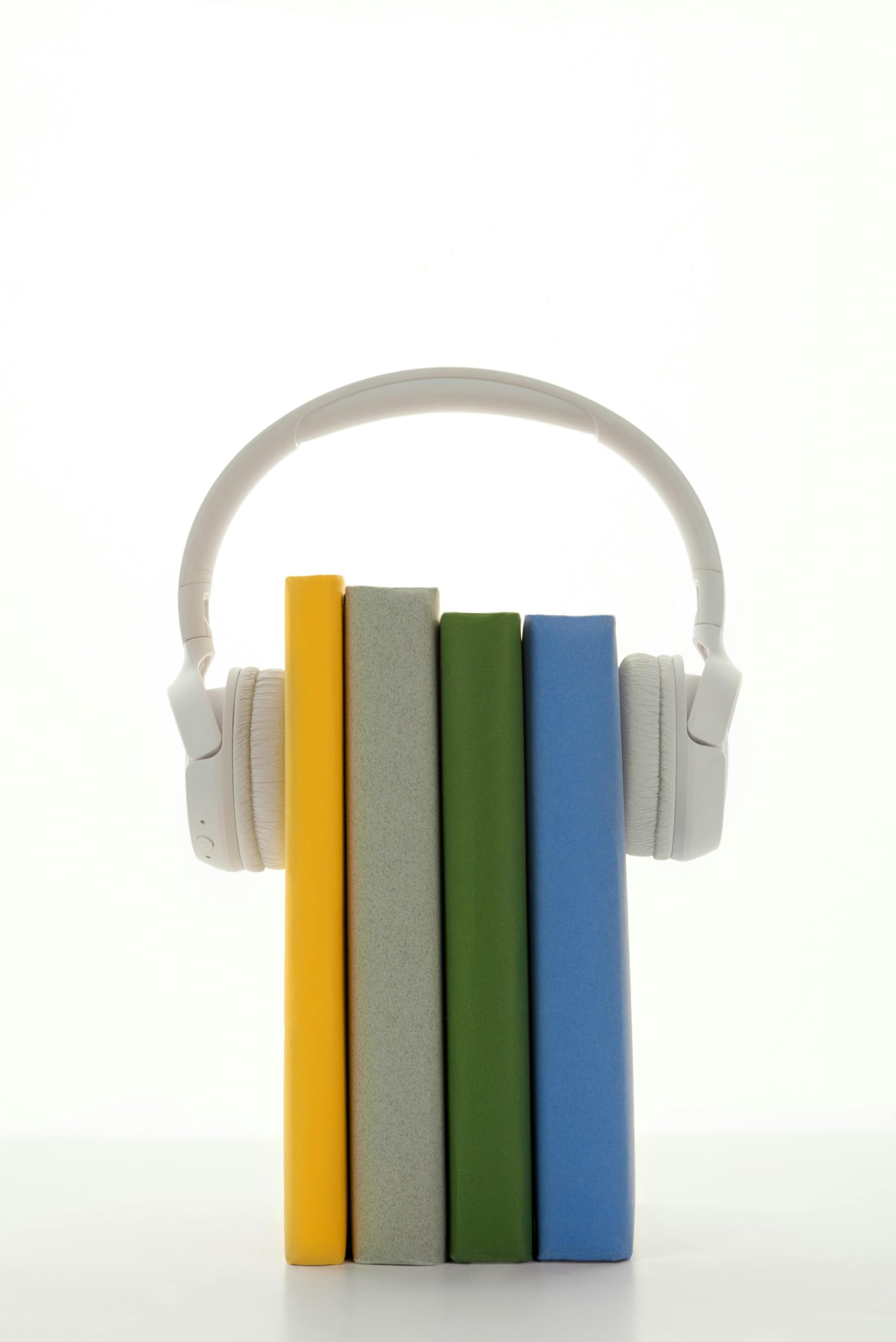SCHOOL TYPE-GRADE
New Hope Private Special School is of a similar type in terms of its relationship to the curriculum and timetable of public special schools. Teaching is in Greek for Greek-speaking children and in English for non-Greek-speaking children.
New Hope Private Special School is attended by students aged 3-18/21 who present problems in the psychomotor, learning and emotional-adaptive areas. All students must have completed their sixth year of age before September 1 of the school year in order to be able to attend New Hope Private Special School.
ANALYTICAL AND INDIVIDUAL EDUCATION PROGRAM
Children attending school are placed in groups, which are formed taking into account the age and specificities of each child, as well as the multi-thematic evaluated special education and training identified for them.
The number of students in the groups is determined, based on the evaluated needs of each child, by a multidisciplinary team (educational psychologist, special education teacher, and the school principal).
According to the regulations for the preparation of an educational intervention program, special educators in collaboration with all specialties involved in the education of the child with special needs are required to complete the Individual Education Program known as the IEP.
A relevant form is filled in with basic information about each child, the primary assessment at the beginning of the school year, the preparation of the individualized program, which is mainly a result of the assessments and finally, the final report at the end of the school year.
The assessment included in the APE focuses on capturing the obvious symptoms of behavior and skills through observation and measurable tests. The child’s self-care, cognitive-perceptual development, mobility, social skills and communication, emotional, sensory state and speech status are assessed.
The APE is developed around the child’s existing skills and aims to further develop them, to promote self-service and autonomy skills and continues upward towards promoting perception and understanding of the surrounding environment and requirements. The evolutionary path of skills promotion is always proportional to the developmental path of each child.
The specialties involved in the course of each child (physiotherapist, speech therapist, occupational therapist, etc.) attach a supplementary form with the goals that govern their own programming with each child. The supplementary forms are an integral part of the official APE.
GOAL OF THE SCHOOL PROGRAM
The main goal of the school program is to provide the necessary assistance to children with special needs for their overall development in all areas, especially in the psychological, social, educational and pre-vocational and professional training and includes, among others, the teaching of daily self-care skills, personal hygiene, mobility, language development and communication, emotional cultivation and in general the acquisition of the greatest possible self-reliance and autonomy in their school and social life.
CURRICULUM
The school program is mainly based on the Curriculum for Children with Special Needs of the Ministry of Education and Culture, which is differentiated to a greater or lesser extent, depending on the children’s cases.
For children who follow English-language education at school, their program is based on the Comprehensive English-language programs of the United Kingdom, which focus on the same areas as the Greek-language program.
Also, where and where possible, when children who follow English-language education and approach the age of 16, they are offered the opportunity to follow selected BTEC (Business and Technology Education Council) programs according to their abilities, which are professionally oriented and aim at professional development.
The school curriculum provides general guidelines and includes specific goals and activities that meet the needs of children in the following areas:
GENERAL EDUCATION
-
Language Education: reading, writing and speaking
-
Mathematics
-
Social and Cultural Issues
-
Social and Emotional Education
-
Individual Functionality/Daily Life Skills
SPECIAL EDUCATION
-
Art/Practical Work (Painting, Decorations, Constructions)
-
Home Economics (Cooking, Sewing, Home Skills, etc.)
-
Music (Songs, Auditions, Choir)
-
Adapted Physical Education (Games, Cycling, Organizing and Preparing for Games, Training of Football and Basketball Teams)
-
Individual Partial Integration Program in General Education Education
SOCIAL PROGRAMS
-
Social Visits
-
Excursions
-
Joint Activities with other schools and community services or other bodies
ARTISTIC-ENTERTAINMENT
-
Theater
-
Dance
-
Watching films, theater and other cultural events
-
Organization of sports and other activities
For the implementation of the aforementioned programs, books are used from the approved publications of the Ministry of Education and Culture of Cyprus as well as from the publications of the Higher Education Institute “DIOFANTOS” and which are differentiated according to the needs and abilities of each student.
INDIVIDUAL EDUCATION PROGRAM
Due to the diversity of cases attending school, an Individual Education Program (IEP) is prepared for each child. The general goal of the IEP is the maximum possible utilization and development of the children’s potential in the aforementioned areas.
The APE is prepared at the beginning of each school year and as a result of the collaboration of all the special educators who deal with the child, it is distinguished by continuity and consistency between its various parts. It provides for individual and group intervention-approach, depending on the child’s subject and problem.
It includes:
-
the child’s individual data,
-
his current situation,
-
general and specialized goals, depending on the child’s stage of development,
-
the progress in achieving the goals, i.e. the evaluation and
-
the child’s final progress report.
The child is re-evaluated in the middle of the school year and the APE goals are modified depending on the child’s development.
CHILD EVALUATION
Evaluation plays a very important role in the operation of the school’s Program.
Before each child is enrolled in school, an initial evaluation is carried out by all the specialists employed in the school. During the school year, assessments and reassessments are carried out for each child at least three times a year: at the beginning, middle and end of the school year.
The assessments are the result of daily, planned or unplanned, indirect or direct observations. The assessments prepared by all specialties take into account the individualized goals set for each child in the EAP and cover the various areas of their development.
Parents are informed about the results of the assessments in multidisciplinary meetings held in the presence of the principal and the teachers involved and the parents.
WEEKLY TEACHING PERIODS
The daily operating time of the school is six 50-minute teaching periods with two breaks, for a total duration of 45 minutes.
One of the advantages of the school is the possibility of attending afternoon remedial classes, which are offered on Monday, Tuesday, Wednesday, Thursday and Friday, from 14:50 to 18:00.
The school uses modern pedagogical methods, supervisory and technological means, which broaden the cognitive horizon of the students.
STAFF
New Hope Private Special School is staffed by qualified and experienced staff who meet the educational and other needs of the students. The school staff consists of administrative, teaching, auxiliary and support staff as follows:
Director, Psychology and Special. Education Eleni Rossidou
Special educators Maria Mousoulidou, Anta Likai
Special Gymnastics Ioannis Makris
School assistants/accompanists for children with special needs
Secretary Nikolas Rossidis
Cleaner Christiana Kyriakidou
The school staff implements the goals as recorded, at the beginning of the school year, in the Individual Education Program (IEP) of each child.
Additionally, the teachers assume responsibilities that aim at the smooth and creative operation of the school.
A hierarchy of responsibilities is followed starting from the principal and ending with committees consisting of the educational staff.
The school principal collaborates and supports both the staff in dealing with the various problems presented by the children and the children themselves. All school staff participate in the organization and execution of various activities and events.
STAFF DEVELOPMENT- TRAINING
Staff development-training (teaching and support staff) is carried out mainly through:
-
staff meetings, during which various educational and other issues are discussed and important knowledge, valuable experiences and interesting opinions on these issues are exchanged.
-
participation in in-service or other seminars and conferences in Cyprus and abroad, which are directly related to Special Education and Training.
-
information from staff who attended various in-service or other seminars and conferences in Cyprus and abroad.
-
discussion and guidance provided on an individual and group level by the school Principal.
-
the information of the staff (teaching and auxiliary), by the teachers of the specialties, on various issues related to the proper treatment and support of children in specific areas (feeding children, placing children in standing positions, correct seating position of children in the classroom, utilization of occupational therapy equipment, emotional education program for children, etc.).
BUILDING FACILITIES
New Hope Private Special School is housed in a beautiful building and has 6 large classrooms with modern equipment/necessary equipment for the optimal education of children.
In addition, there are self-service sanitary areas for children with individual toilets and sinks. There is also a playground and a sports field. Specifically, the building facilities include:
-
1 Administration Office
-
1 Secretariat Office
-
6 Classrooms, one of which is a Sensory Room, and one is a Computer Room
-
1 Multi-purpose Room – indoor gym
-
1 Kitchen-dining room
-
1 Field
-
1 First Aid Services Area (by a qualified, active instructor of an approved first aid provider)
ADMISSION CONDITIONS
Student registration is subject to parental consent. The selection of students is made after receiving the following information:
Child’s history
Certificate of attendance from the last school the child attended as well as the Progress Report (in cases of attendance at another school)
-
Individual Education Program (in cases of attendance at another school)
-
Diagnosis by an Educational Psychologist (no more than 2 years old)
-
Diagnoses by other specialists (physiotherapy, speech therapist, occupational therapist, etc.), where and where deemed necessary
-
Child Psychiatrist’s report (where and where deemed necessary)
-
Other specialties depending on the case (where and where deemed necessary)
Students are also individually assessed with measurable tests in the areas of reading, writing, speaking, mathematics, skills and individual functionality by the school’s educational staff.
The school reserves the right to invite prospective students with their parents for a personal interview, as well as not to enroll prospective students, regardless of individual results in the assessment areas.
The school accepts students from other private or public schools, provided that there are vacant places. Students are enrolled if the above steps have been completed.
DETERMINATION OF TUITION FEES
Before the first registration of each student, both the owner or a person authorized by him agrees in writing with the parents/guardians on the total amount of approved tuition fees, fees or other rights that must be paid to the school until the completion of the student’s studies, with a complete and detailed financial statement.
This agreement includes any financial obligation of the parents/guardians, including expenses related to the student’s daily attendance, such as the purchase of books, uniform, participation in events/activities/competitions, excursions, etc.
The school administration, by the end of December of each year, sends to the Ministry of Education, Science and Technology the amount of tuition, fees and other rights that will be charged to students for the next school year, who are enrolling for the first time in the private school.
The school administration publishes the submitted tuition, fees and other rights for the next school year for each grade two months before the start of the school year.
The tuition for the year 2025-2026 amounts to €6,900 and an additional €150 is required for registration rights, etc.
Payment can be made in the following ways:
-
Monthly
-
Quarterly
-
Annual
In the event of termination of studies with three (3) months’ notice by the parents, the tuition fees for the remaining school year are not charged.
Notes on Tuition Fees:
-
The first Registration is paid upon the child’s first enrollment in school and is non-refundable.
-
The Advance Payment/Re-Registration is paid at the beginning of each academic year and is deducted from the Academic Year Tuition but is non-refundable.
-
In addition to the Academic Year Tuition, the amount of €150 each quarter (€450 per year) is charged to cover the children’s additional educational materials.
-
Tuition fees are pre-payable and no exceptions are possible. Children with unpaid bills will not be accepted into the classroom.
-
Payment of tuition fees is made at the school office in cash, check, credit card or via bank transfer to the school’s bank account excluding bank charges.
Tuition fees are payable on the following dates (tuition fees payable from the beginning of the academic year):
-
September 1, 2025 (€2,900)
-
December 1, 2025 (€2,000)
-
March 1, 2026 (€2,000)
A minimum of one trimester’s written notice must be given to the school of the parents’ intention to terminate their child’s education, otherwise the trimester’s tuition fees must be paid.
NAME, SCHOOL ADDRESS AND LEGAL RESPONSIBLE PERSON OF THE SCHOOL
The legal person responsible for “New Hope Private Special School”, which is located at 16 Kimonos Street, Strovolos, is Mrs. Eleni Rossidou.
TERMS OF PROVISION OF DISTANCE EDUCATION
Distance education is provided by the school in times of crisis and with full respect for the protection of personal data.
It includes modern distance education using technological means in real time, as well as asynchronous distance education using technological means at a different time, as the case may be, and may include a combination of in-person and physical education of a group of students and its simultaneous transmission in real time, using technological means, to a group of students participating remotely in the lesson.
Students of New Hope Private Special School can participate in either asynchronous or modern distance education activities, depending on their capabilities and specificities.
The main tool for providing distance learning to the students of the New Hope Private Special School is the School’s website. The school also carries out modern distance learning activities, following the same guidelines that have been set for the implementation of such activities in the Primary Schools of the Ministry of Education and Culture.
Teachers at the school implement both asynchronous and modern distance learning activities. Modern distance learning is carried out through the Microsoft Teams software.
Teachers carry out communication and socialization activities with their students, and promote educational material to their students, after electronic communication with parents/guardians.
CASES FOR THE IMPLEMENTATION OF MODERN DISTANCE LEARNING ACTIONS
In the event that the entire school is closed, a weekly or fortnightly distance learning program is immediately drawn up by the Directorate, which is announced to the parents. During its implementation, attendance/absence records are maintained.
The weekly program is five days long and includes four teaching periods of 20-25 minutes per day.
In the event that one or more sections of the school are closed:
-
What is stated in the case of the closure of an entire school is applied accordingly. In addition, other teachers who may be confined to their homes may be involved in the implementation of the program.
-
In the event of the absence of one or a single number of children, due to illness or symptoms or limitations that may arise from COVID-19, asynchronous distance learning actions are prepared by the Directorate.
These actions concern the posting of material on the school website and communication with children through digital means such as Microsoft TEAMS or through the parents’/guardians’ email address.
